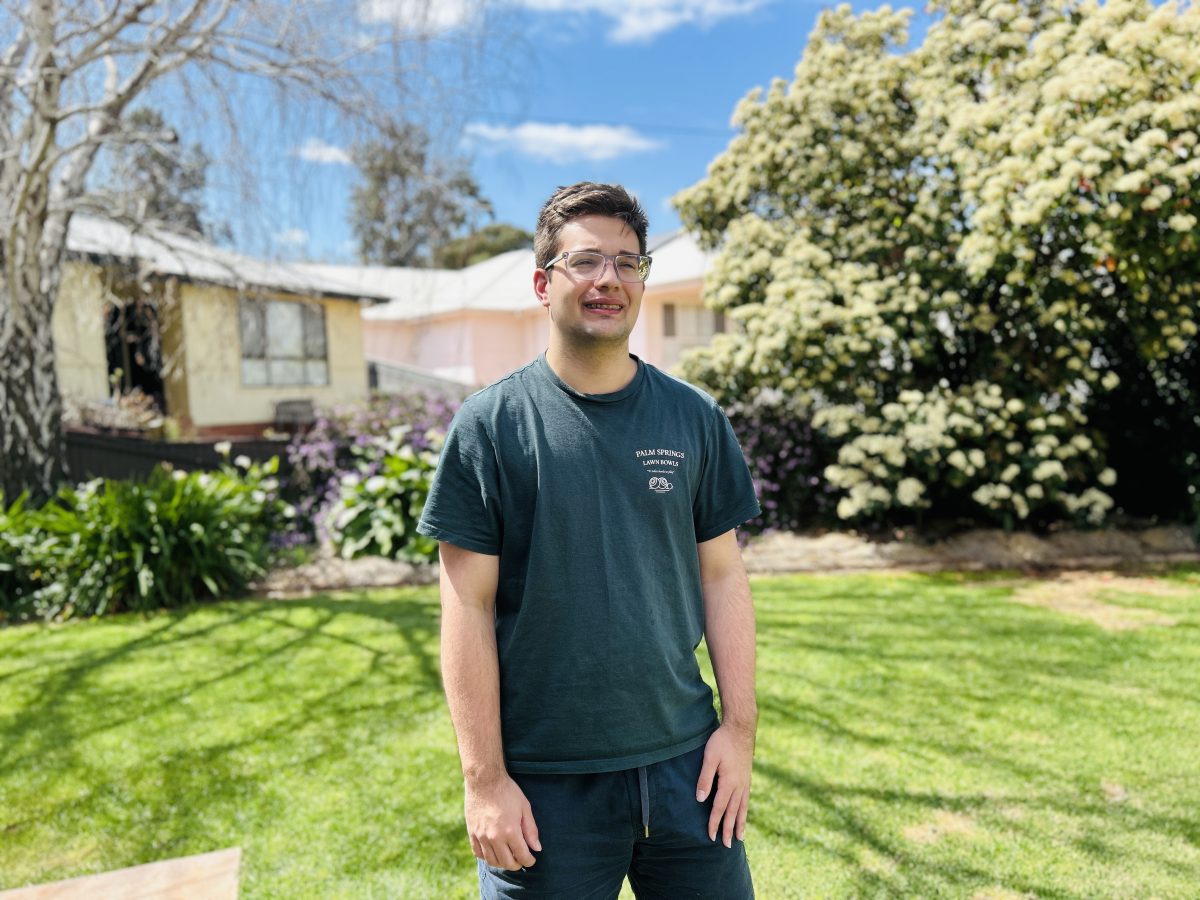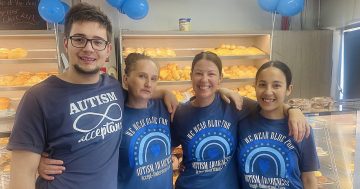
Noah Beltrame says the autism community remains in the dark about NDIS reforms. Photo: Oliver Jacques.
The recent Federal Government announcement on reform to disability support for children on the National Disability Insurance Scheme (NDIS) has sparked grave concerns about the future of care for autism in Australia.
Federal Minister for Disability Mark Butler says his government is introducing a new program called ‘Thriving Kids’, which focuses on transitioning children with mild and moderate autism away from the NDIS. This program is expected to start rolling out in 2026, as children with autism in the NDIS are considered to be over-serviced.
Autism is a developmental disability caused by differences in the brain which can impact social communication and interaction or result in restricted or repetitive behaviours or interests.
People can be at different points on the autism spectrum, but it is unknown how the government will determine who has “mild, moderate or severe” autism.
Advocacy group Yellow Ladybugs slammed the announcement of Thriving Kids and the lack of information about the new scheme in a recent social media post.
The definition was also criticised by autism expert Sue Larkey, who shared concerns with many of her clients about what direction the NDIS was heading when it comes to understanding disabilities.
“It makes families lose confidence in the government when they use terms that the community don’t use anymore,” she said.
Helaina Beltrame, an adult NDIS participant with Autism and ADHD from Griffith, described her frustration with the system.
“Neurodivergent and autistic adults are continuing to be undermined,” she said.

Helaina Beltrame has called for more information on the NDIS reforms. Photo: Oliver Jacques.
The planned implementation of Thriving Kids is unclear and confusing to NDIS users, disability experts, and organisations alike, and has left many with more questions than answers.
Ms Beltrame says that she and others on the scheme have been left in the dark by the lack of information provided by the government around the topic.
“There’s no [described] pathway to achieve what they are trying to do. There’s also no explanation at all of what this means for autistic adults. There’s a whole lost generation of them. They’re the ones that for so long have not been able to access supports, and there’s nothing set up for these people,” she said.
Ms Larkey also expressed concern with the lack of consultation before the Minister’s announcement, with many key stakeholders such as the Australian Autism Alliance and the Disability Advocacy Network making statements revealing their shared surprise and confusion, urging the Minister to provide more clarity.
Ten of the largest disability groups in Australia released a joint statement in August, noting the uncertainty and disappointment this announcement has caused.
“While Minister Mark Butler noted nothing about us in his speech at the National Press Club yesterday, the announcements made by the Minister came as a surprise to the disability community and representative organisations,” said the statement.
“They have made a very broad announcement without providing any specifics, which, for families that are already concerned about funding and services, only makes people more stressed.”
Noah Beltrame is a 20-year-old Griffith born and raised autism advocate and journalism student at the University of Wollongong. Article originally published on the University of Wollongong students’ website UOWTV.










